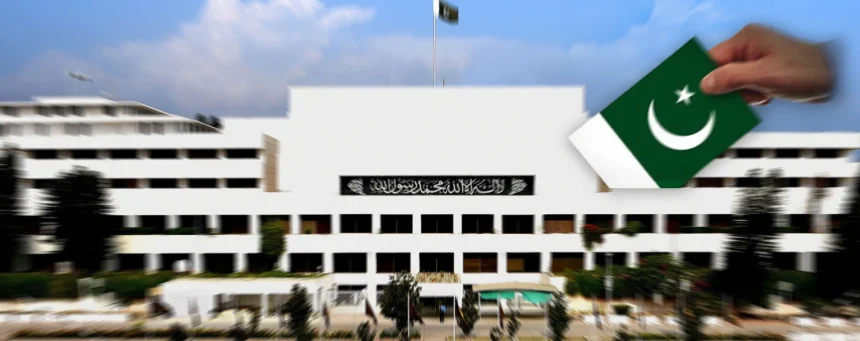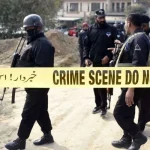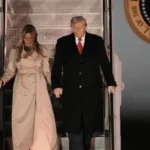The country is ready for the general elections on February 8 after over a year of expectation, thinking that their votes will change the course of events as record-high inflation, a bleak job market, and sharp currency depreciation continue to squeeze people’s budgets.
Voters now have a crucial opportunity to choose new representatives who can address the urgent economic issues and create a plan of action to turn the nation around, thanks to the impending polls.
Concerns however persist since it is impossible to predict how the election will turn out for Pakistan or who would lead at that point.
The main political parties began their canvassing efforts because they were unsure if the elections would take place on schedule or at all.
This is among the causes of Pakistan’s generally quiet electioneering atmosphere.
Why were the elections postponed?
According to the Constitution, the Election Commission of Pakistan (ECP) must organize elections within 90 days of the dissolution and 60 days after the term ends if a parliament is dissolved before it has finished serving its full term.
But when the new census was announced, a wrench was thrown into the works, and the ECP decided to redraw the boundaries of the constituencies and conduct new elections in January 2023.
After the case reached the Supreme Court, President Arif Alvi and Chief Election Commissioner (CEC), Sikander Sultan Raja, decided to hold the general elections in February 8.
Political parties and observers are still holding their fingers crossed despite the ECP and the presidency assuring the Supreme Court that polls will take place on February 8. This is understandable considering the skepticism surrounding the situation and the government’s procrastination.
A Senate measure that aimed to postpone the polls fueled uncertainty even more.
As the country votes next week amid all of this turmoil and chaos, let’s examine some of the major elements that could impact the outcome of the election.
Every eye is on the voter turnout
The turnout will be the main emphasis now that voters are going to the polls.Political observers carefully following the scenario say that one of the most crucial reasons to watch the turnout is the lack of equal playing fields primarily towards one party, the Pakistan Tehreek-e-Insaf (PTI).







